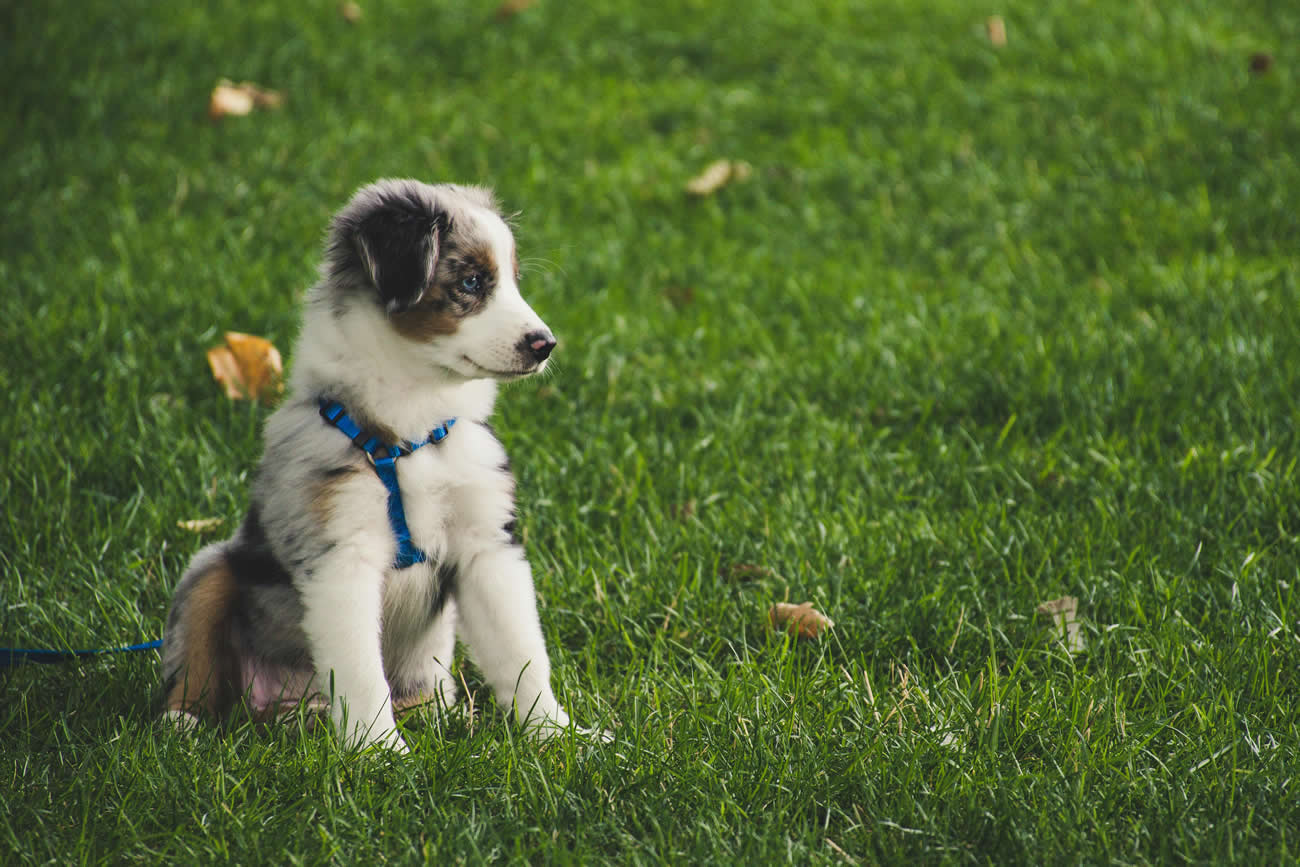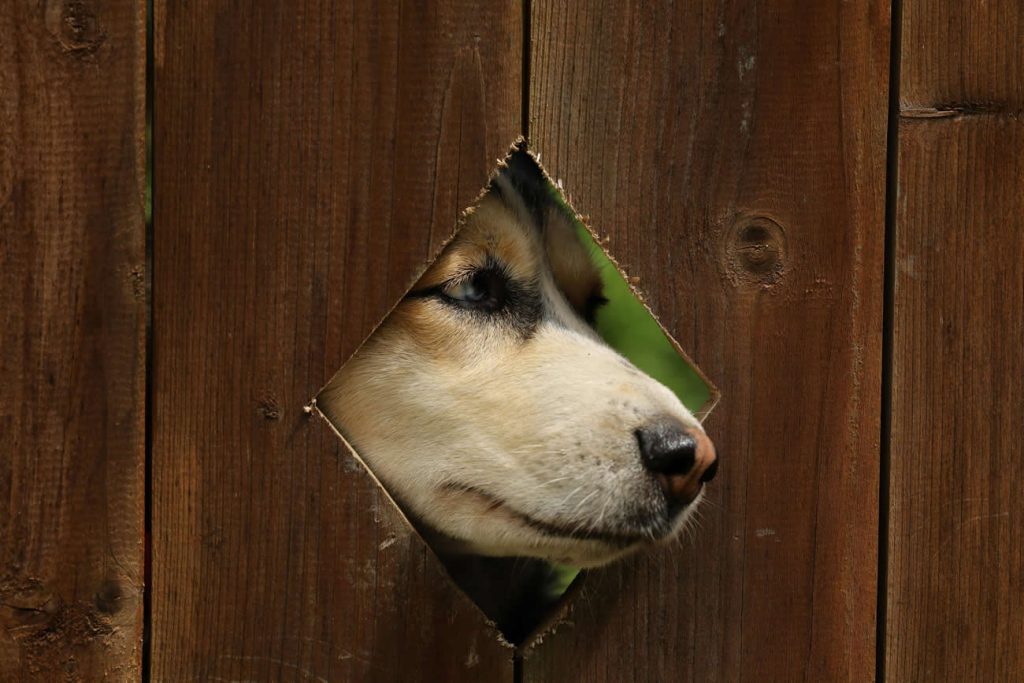As a new puppy owner, you may find yourself frequently pondering the ins and outs of your furry friend’s bathroom habits. Understanding how often a puppy should poop is not just about keeping your home clean; it’s also a crucial aspect of monitoring your pet’s health.
In this guide, we’ll explore the various factors that influence a puppy’s pooping frequency, what constitutes normal behaviour, and when you might need to consult a veterinarian.
Understanding Puppy Pooping Patterns
Puppies are notorious for their frequent bathroom breaks. This is primarily due to their developing digestive systems and the high-energy diets that support their growth. Generally, you can expect your puppy to poop more often than an adult dog.
Frequency of Pooping
- Newborn to 10 Weeks: During this stage, puppies may poop after every meal, which can mean as many as 5 to 6 times a day.
- 3 Months: By the time your puppy reaches around three months of age, you might notice they poop about 3 to 4 times a day.
- 6 Months: As they grow, this frequency may reduce to 2 to 3 times daily.
- 1 Year and Older: Most adult dogs typically poop once to three times a day, depending on their diet and exercise levels.
The frequency can vary significantly based on several factors, including diet, activity level, and individual metabolism.
Factors Influencing Poop Frequency
- Diet: A high-fibre diet can lead to more frequent bowel movements. Conversely, a low-fibre diet may result in less frequent pooping.
- Hydration: Adequate water intake is essential for digestion. Dehydration can lead to constipation, while proper hydration can facilitate regular bowel movements.
- Exercise: Regular physical activity helps stimulate your puppy’s digestive system. A lack of exercise can lead to irregularities in their bathroom habits.
- Age: Younger puppies have less control over their bowel movements, leading to more frequent pooping compared to older dogs.
Signs Your Puppy Needs to Go
Recognising when your puppy needs to relieve itself is vital for successful toilet training. Puppies often exhibit specific behaviours when they need to go.
Common Signals
- Restlessness: If your puppy seems anxious or is pacing around, it may be a sign they need to go out.
- Sniffing and Circling: Dogs often sniff around and circle before they squat to relieve themselves.
- Barking or Whining: Vocalisations can indicate that your puppy is ready for a bathroom break.
- Squatting: If you see your puppy squatting, it’s time to take action.
Understanding these cues can help prevent accidents in your home and reinforce positive bathroom habits.
The Importance of a Routine
Establishing a consistent bathroom routine is essential for both you and your puppy. Dogs thrive on routine, and a predictable schedule will help them learn when to expect bathroom breaks.
Creating a Bathroom Schedule
- Morning and Night: Always take your puppy out first thing in the morning and last thing at night.
- After Meals: Puppies typically need to go shortly after eating, so make it a habit to take them outside after each meal.
- After Playtime or Naps: Encourage bathroom breaks after your puppy wakes up from a nap or finishes playing.
- Every Few Hours: To prevent accidents, younger puppies should be taken out every 2-3 hours.
Being consistent with these breaks will help your puppy learn to associate certain times with bathroom needs.
What’s Normal Poop?
While it’s essential to monitor how often your puppy poops, it’s equally important to pay attention to the consistency and appearance of their stool.
Characteristics of Healthy Puppy Poop
- Colour: Healthy puppy poop should be a shade of brown. Any significant colour change, like green or yellow, may indicate dietary issues or other health concerns.
- Consistency: The stool should be firm but not hard. It should resemble a soft, well-formed log.
- Odour: While all poop has a smell, overly foul odours can be a sign of digestive problems.
Being aware of these characteristics can help you detect any potential health issues early on.
When to Consult a Veterinarian
If you notice any drastic changes in your puppy’s pooping habits, it could be a sign of an underlying health issue. Here are some scenarios where you should seek veterinary advice:
Signs of Concern
- Diarrhoea: If your puppy has watery stools for more than 24 hours, it’s time to consult a vet. Diarrhoea can lead to dehydration and may be a symptom of a more serious condition.
- Constipation: If your puppy hasn’t pooped in over 24 hours, especially if they are straining, it could indicate constipation or a blockage.
- Blood in Stool: Any blood in your puppy’s poop is a cause for immediate concern and should be addressed by a veterinarian.
- Lethargy or Loss of Appetite: If your puppy seems unusually tired or refuses to eat, this could indicate a health issue that needs professional attention.
Tips for Healthy Pooping Habits
As a responsible puppy owner, there are several steps you can take to encourage healthy bathroom habits.
Dietary Considerations
- High-Quality Food: Ensure your puppy is eating a balanced diet that meets their nutritional needs. Consult your vet for recommendations on the best food for your puppy’s age and breed.
- Regular Feeding Schedule: Feed your puppy at the same times each day to regulate their digestive system.
Encouraging Exercise
- Daily Walks: Regular walks not only provide exercise but also stimulate your puppy’s digestive system.
- Playtime: Engage in play that encourages movement, which can help with digestion and regular bowel movements.
Monitoring Hydration
- Fresh Water: Always provide access to clean, fresh water. Proper hydration is key to maintaining healthy digestion and preventing constipation.
Our Final Say!
Understanding how often your puppy should poop is an essential part of being a responsible pet owner. By establishing a consistent routine, recognising signs your puppy needs to go, and monitoring their health, you can ensure that your furry friend grows up healthy and happy.
Remember, if you ever have concerns about your puppy’s bathroom habits, don’t hesitate to reach out to your veterinarian for guidance. Your puppy’s well-being is worth it!
By staying informed and proactive, you can foster a positive relationship with your puppy while helping them navigate their early years with ease.








